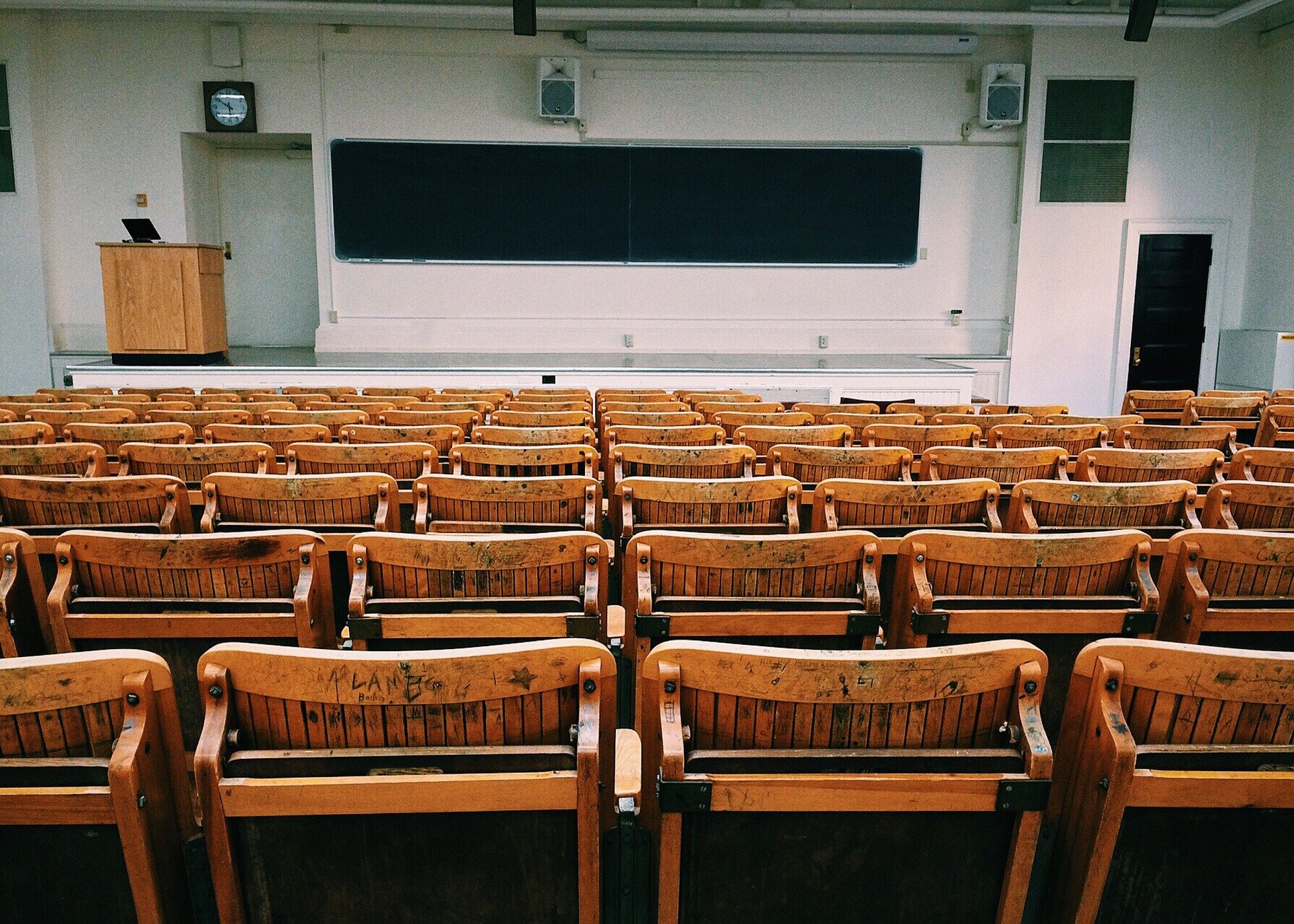On pandemic learning loss, school districts look forward, not back
A complete picture has yet to emerge of how much learning was lost by students during the pandemic. That’s all right with educators like Superintendent Craig Broeren, whose top concern is figuring out where each student stands now. Wisconsin Rapids, his small school district in central Wisconsin, isn’t administering any special test to measure how much districtwide progress stalled after classrooms closed in March. Such data wouldn’t capture a student’s unique circumstances or point a way forward, Broeren said.
COVID-19 Pandemic
Education Commission of the States is continuing to track state education policies related to the impacts of the COVID-19 pandemic. You can use their policy tracking tool to see summaries of enacted and vetoed bills and our policy watch list for bills that are pending. Their policy team members have also published several posts on our Ed Note Blog that capture states’ responses to various educational impacts of the pandemic, from early learning through workforce development. additional links that readers may find helpful. This resource is forward-looking, providing considerations and policy examples for the 2020-21 school year. You can also reference the previous version of our COVID-19 update page, which captures state guidance in the early months of the pandemic, here.
Analysis: In Schools, Black Girls Confront Both Racial and Gender Bias. What the Research Shows, and What’s Being Done to Stop It
As schools grapple with longstanding racial inequities brought into sharp focus by recent cases of police brutality and the coronavirus pandemic, one problem stands out: Black girls often face both racial and gender bias in the nation’s classrooms. An analysis of national U.S. Department of Education 2015-16 civil rights data by the National Women’s Law Center and The Education Trust found that Black girls are five times more likely than white girls to be suspended at least once and four times as likely as white girls to be arrested at school.
The Fair Tax Failed–Now What?
Much to the dismay of Chicago progressives, the state ballot initiative to create a graduated income tax, or “fair tax,” failed on Election Day. Had the initiative passed, it would have opened the door to create higher income taxes on people who make more money and lower income taxes on people who make less money. Though this might sound like a no-brainer, and we already do it at the federal level, back in 1969 and 1970, when Illinois first instated an income tax, folks of all political persuasions were unsure whether voters would accept more than a low, flat tax on income. Although the political landscape has changed somewhat since those days, people still don’t like paying taxes. Especially when they don’t trust their government to put it to good use.

